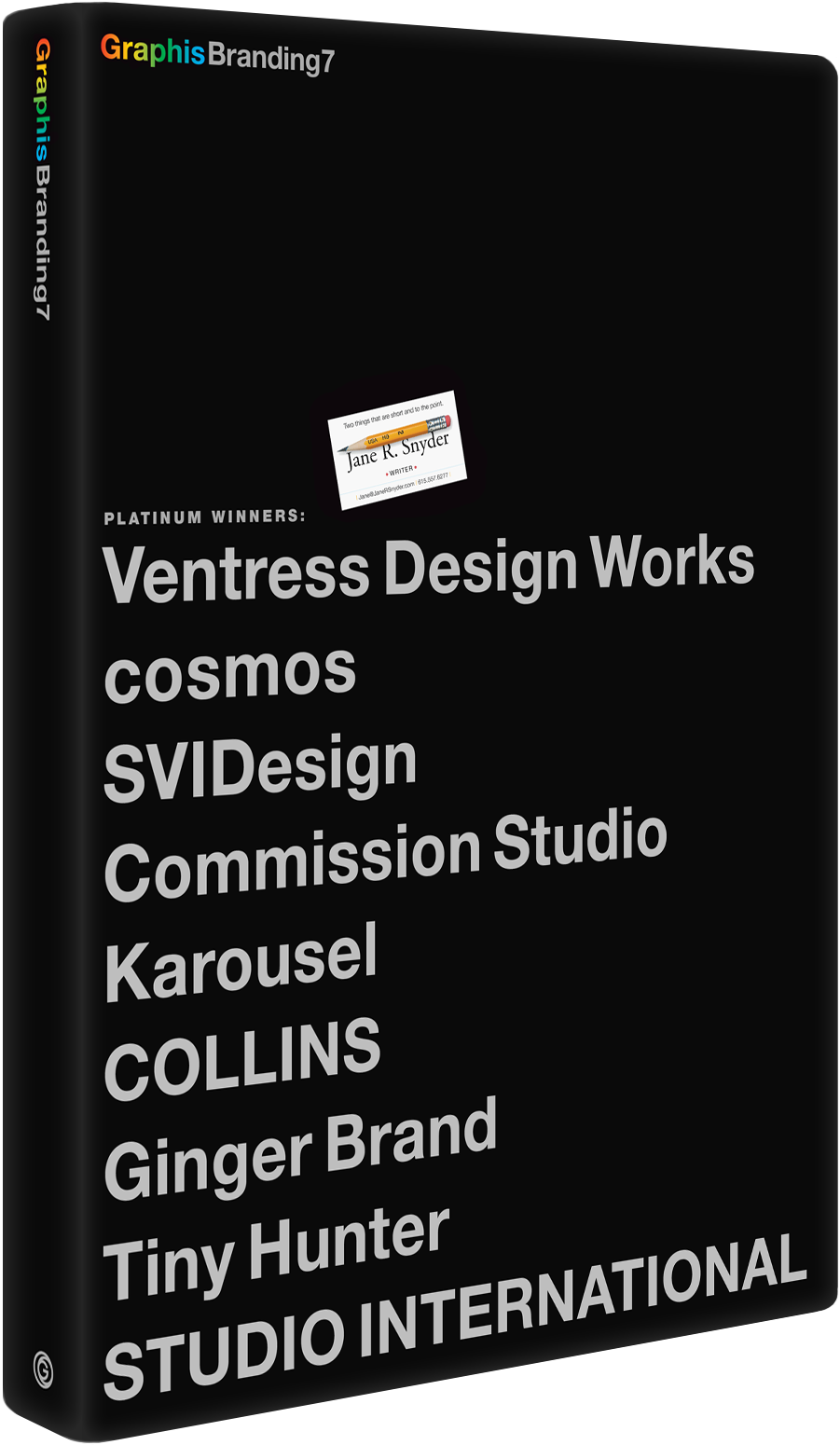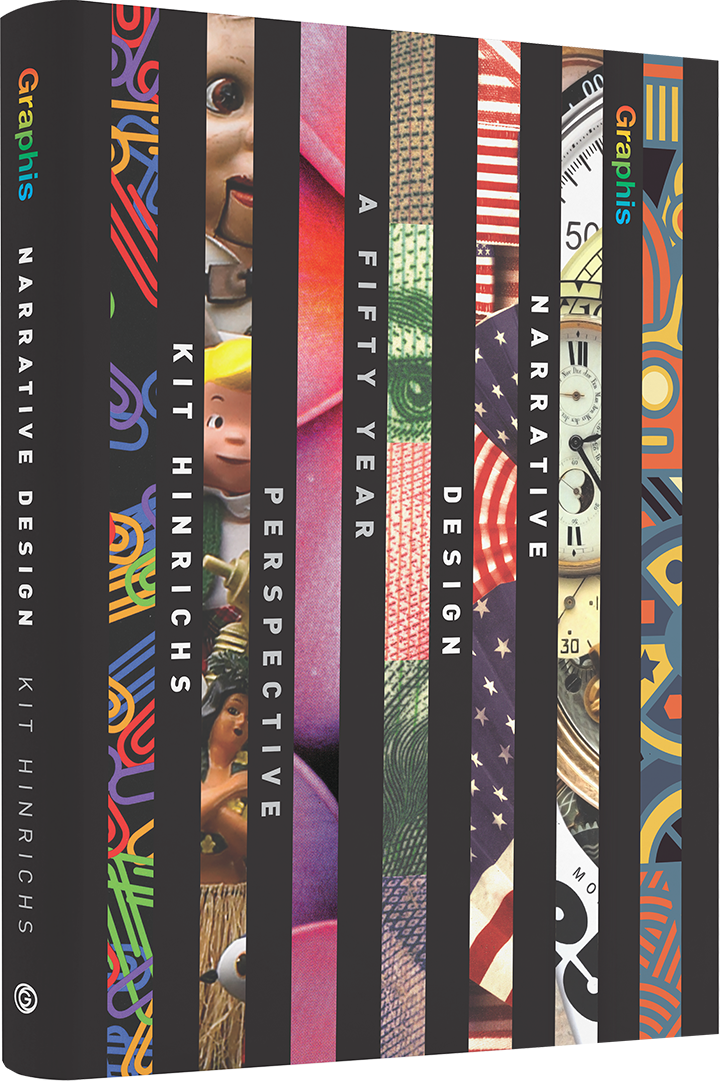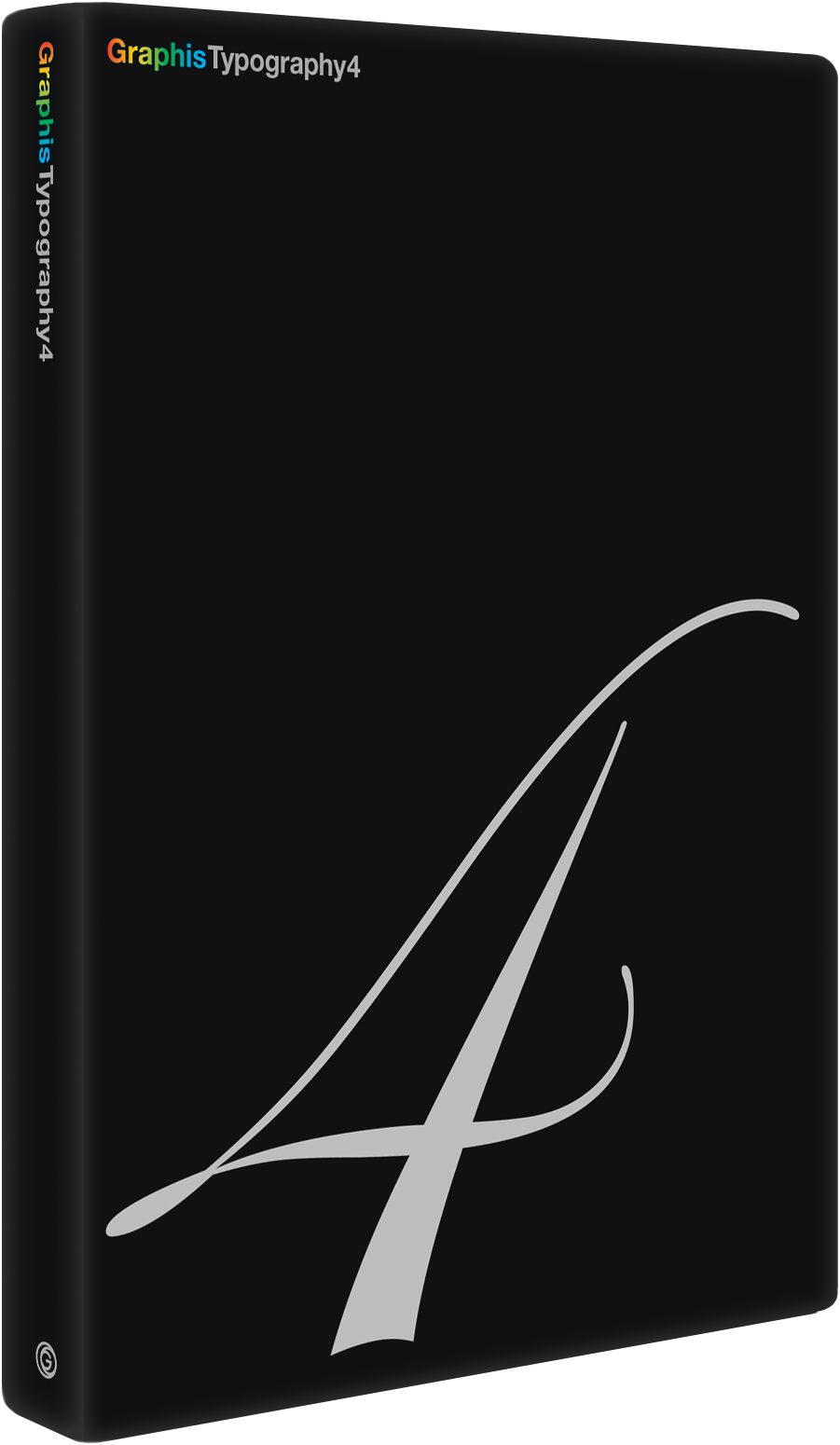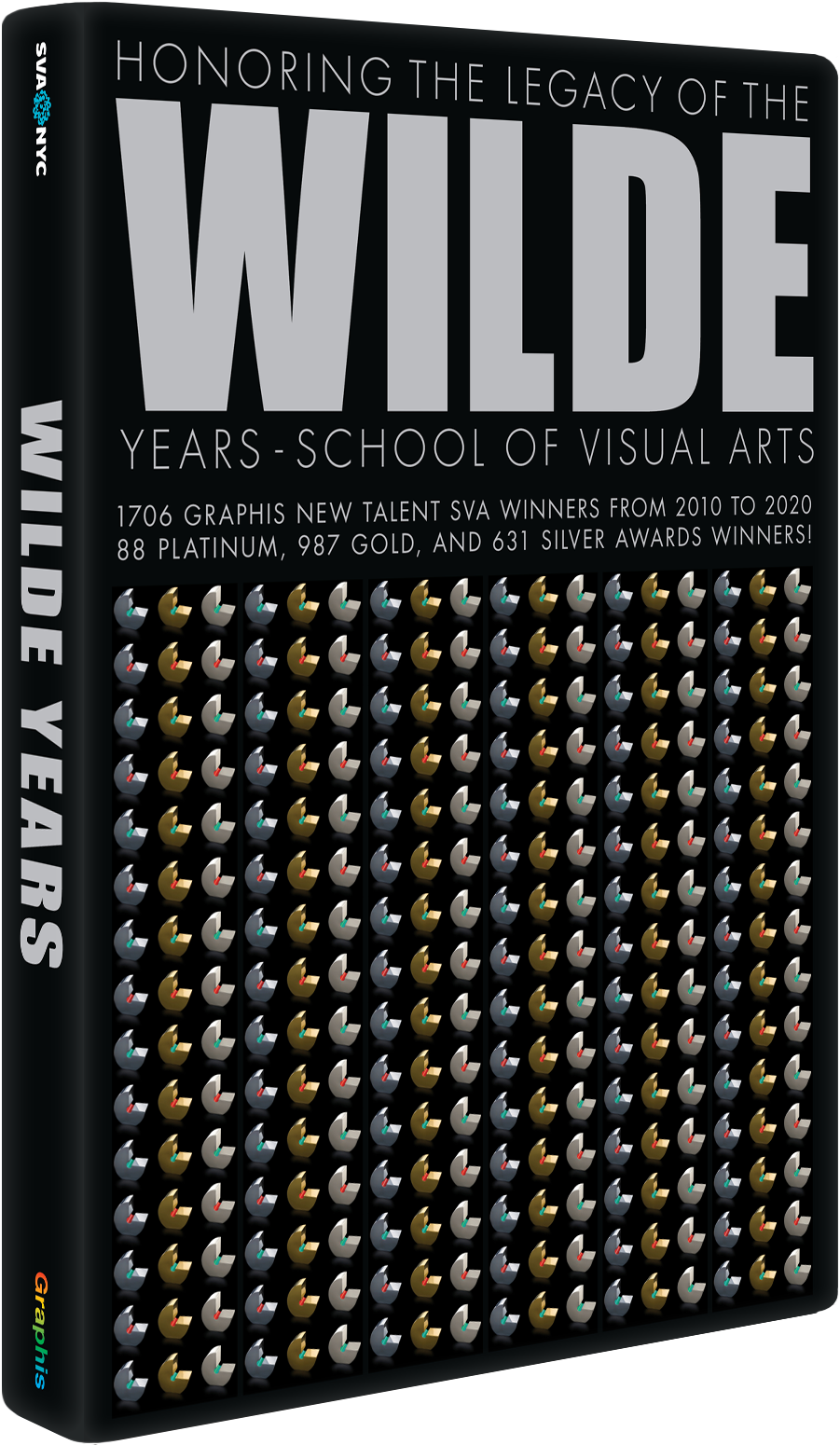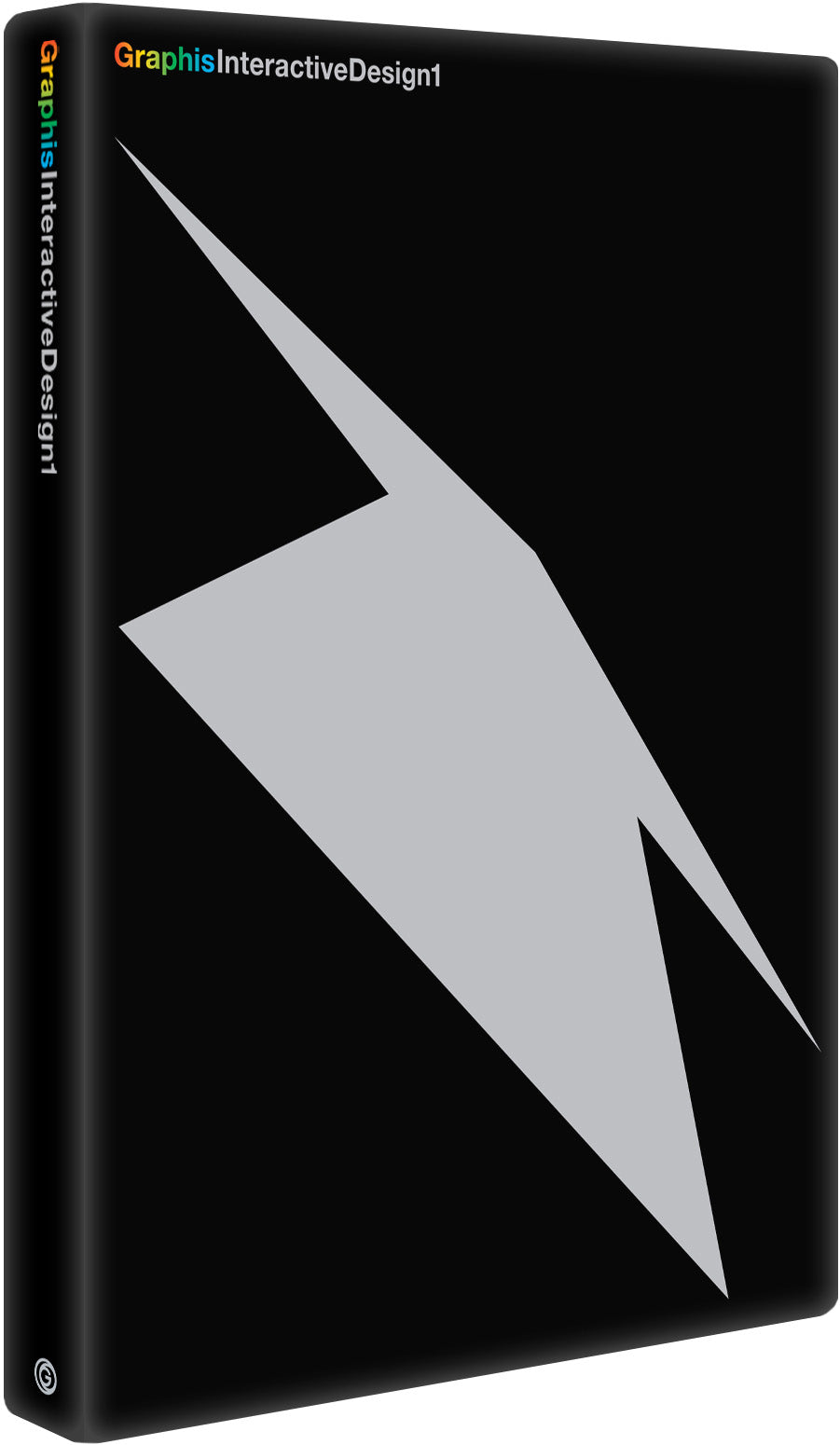Duncan Channon: Not A One-Person Show
In this Q&A from the Journal, we hear from Duncan Channon, an award-winning independent agency known for creating emotional connections that make brands stick. They share how they find and tell stories that matter, drive client success, and build a workplace where everyone feels safe, valued, and heard.
Introduction by Sean Dee, Executive Vice President & Chief Commercial Officer, Outrigger Hospitality Group
On paper, Duncan Channon does too much, especially for a smaller independent shop. The modern marketing landscape is populated mainly by specialist agencies and niche players. Branding agencies. Social media agencies. Design shops. Media buying companies. The list goes on. But DC does all of the above and more. And they do it to deliver the exact, correct answer for a brand, even if it wasn’t the brand’s ask. Over the years, they’ve consistently delivered that unexpected solution for me—the very thing I needed before I knew I needed it. So, yeah, maybe they do too much. But they do it all very well.

Duncan Channon focuses on five key disciplines: advertising, branding, social, experiential, and media + analytics. How does each discipline influence the others, and what are some similarities and differences between them that might not be noticeable?
Michael Lemme, Chief Creative Officer: For better or worse, we were never interested in specializing in any one industry or any one kind of output. We wouldn’t know how. We focus on understanding the lives of the people we’re trying to reach and what we hope to make them feel—and then evaluate where and how we can best do that. Our mantra is “feeling first.” People make decisions based on instinct and emotion and then unconsciously use some logic to make it make sense rationally. Reaching people at the gut level comes first and bonds people to brands in more profound, more durable ways. People will tell you they want the facts, but what they really want is the feeling.
What inspired or motivated you to start a design/AD career?
Anne Elisco-Lemme, Executive Creative Director: I think I’ve always been wired to express a point of view. Even when I work for a client, my perspective is baked into the work. There is something really rewarding about that.
Kalee Abella, ACD Art Director: I had no idea what advertising was until I left college. I studied graphic design and was able to play in the film world a little for my thesis, and that left me hungry to do more in the film and motion world. I still had a love for packaging and branding, but I knew I wanted to be able to touch multiple mediums and found advertising was the place to do that.
Shannon Burns, Design Director: For as long as I can remember, I wanted to be an artist, so I think I fulfilled my childhood career fantasy pretty well. I owe it to my parents for always being supportive and encouraging me to pursue a degree and career in design. There was never a question that art was my passion, and they really nurtured that.
Xavier Rivera, Senior Art Director: I’ve always had a ton of visual curiosity and wanted to make something. As a kid, I grew up around a unique cultural explosion of creativity in music and gaming, and I take great pride in that. It’s a big part of my identity.
What is your personal work philosophy?
M.L.: Soak in every input you can find initially, then set it aside and follow your curiosity. Explore for as long as possible and play around without thinking too hard about the solution. Share the good and dumb ideas you’re most intrigued by with others, and listen to your gut when you do. Your gut knows—well, it learns—when you don’t believe in something. And the best work is a surprise to everybody.
A.E.L.: Collaborate with people you trust. This is never a one-person show.
K.A.: Your hobbies and interests deserve your time so that you can bring fresh perspectives to ideas and storytelling.
X.R.: We must constantly believe in ourselves and that there’s always a better, fresher way to do things.
What is it about advertising that you are most passionate about?
Jessica Wyatt, Creative Director: Without question, the opportunities to collaborate with other creative people.
X.R.: Our work has the potential to do so many things. Change minds and hearts. Make you laugh. Make you cry. Most importantly to me, to help others.
What is the most difficult challenge you’ve overcome to reach your current position?
X.R.: Balancing your humility with your confidence. In my mind, the worst thing is to appear ungrateful or egotistical. There are always thanks to go around when completing a brief and getting work to go live.
Who is or was your greatest mentor?
A.E.L.: My greatest mentor was Cathy Bowen, a CD I worked with early in my career. She was a phenomenal writer, and her work was always simple but brilliant. She was a great observer of people and brought those observations into her work. I learned to really pay attention to human emotion from her.
J.W.: I’ve been lucky to have many! When I first found myself in advertising, Brian L. Perkins was significant in encouraging me to make the jump from the design department to art direction and the concept side. Today, I’m grateful for Anne Elisco-Lemme and her unwavering support. She could host a TED Talk on how to build trust with clients.
K.A.: I was fortunate to enter my first advertising job collecting a few creative life mentors. I’ll never forget working with two powerful and talented copy/AD teams: Sara Worthington, Aryan Aminzadeh, Megan Penman, and Margie Chidley. One can easily get lost in stressful timelines or unnecessary politics, and those four taught me to focus on having fun when conceiving and doing the work. I valued that they made clients uncomfortable with ideas in the best of ways. They encouraged everyone who worked with them to be themselves. Creative director Kelly McCullough has also been a great mentor. She has given advice about salary and the creative process and helpful insights into navigating my personal growth. Anyone in the ad world is lucky to receive any mentorship from Kelly. I am so grateful to have had influence and inspiration from this group of women that I can still reach out to at any time.
S.B.: I’ve been fortunate to work with some really talented people over the years, but when I think of who has been an inspiration and guide for me the most, it has to be Duncan Channon’s own Michael Lemme. I was a baby straight out of college when I started working at DC, and when I look back on where I was then in my career versus where I am now, I think I owe a lot of that to Michael. He not only has a unique mind that can think creatively, mathematically, strategically, and so on, but he comes from a place without ego. I look forward to collaborating with him and always value his opinion. There is never an idea he can’t make more meaningful, never a job too small to push and make better, or a pixel out of place he doesn’t see. I know he has made me a better designer and thinker, and I feel lucky to have crossed paths with him.
X.R.: I’ve been lucky to work with immensely talented people who have profoundly impacted my career trajectory, but I’ll pick just one: Trushar Patel. He was the first creative I worked under who helped me understand one thing I value greatly: details matter, even those you don’t think anyone will notice.
Who among your contemporaries today do you most admire?
A.E.L.: I would say what Issa Rae is doing with Team Epiphany is exciting. It centers Black women in the work and demands truly diversified production while being rooted in a culture that most agencies dream of. I hope this is where the future of our industry is heading.
S.B.: I seek inspiration from so many different places and people. Some that I find myself going back to over and over again are Paula Scher and her team, as well as Gretel and French agency Les-Graphiquants.
X.R.: Sam Rodriguez’s illustrations are striking and fun to look at. Jordan Peele’s unique approach to filmmaking has single-handedly renewed my interest in the horror and suspense genres. Jordan Dinwiddie’s work on Nike has been incredibly inspiring. And I can’t forget Jessica Walsh, the founder of &Walsh. Everything they make is mind-blowingly fun to gaze at.
J.W.: Probably Beyoncé.
Who has been one/some of your favorite colleagues or clients?
A.E.L.: Coming from the art direction side, my favorite colleagues have always been the crazy-talented writers I’ve worked with. Jessea Hankins and MJ Deery are the most recent. Some people are just born to put words together in a way that makes you stop in your tracks. I’m in awe of that ability. My favorite client has to be UNDO, the California Tobacco Prevention Program. Going after the tobacco industry takes fearlessness, and that mindset is carried into the work. They are a brave group of people. They also understand that creativity is a process, so they allow fluidity all the way through production, which is quite rare.
J.W.: Goodness! Really putting me on the spot here. I’m a boomerang [see below] at Duncan Channon, so obviously, I’m a fan of these people. As for clients, I’m always blown away by the passion and genuine desire to collaborate from UNDO. They’re always stoked to see their research come to life in the creative, which is contagious.
K.A.: Some of my favorite clients have been partners who could genuinely trust the agency. Virgin America was one of the first brands I worked on that allowed us to play and create work that was not only fun but boldly stood out in their category. From a playful, surreal, out-of-home launch of their website in Times Square to creating a five-hour and four-minute film, Virgin America was open to showing up in non-traditional ways, owning very memorable work. eBay was another brand that allowed the agency to take the lead in launching its social presence specifically for eBay sneakers and watches. As a creative, it always feels fulfilling when a client can truly understand the work and be just as excited as the agency to make it. We created a campaign for that launch that touched every digital space with eye-catching content, using a fresh look and feel, along with two films and artist collaborations.
S.B.: I’ve gotten to work on some fun branding and campaign projects at Duncan Channon over the years: Outrigger Resorts & Hotels, SweeTarts, StubHub, and the Golden State Warriors, to name a few. However, some of the most meaningful work that is both wholly challenging and rewarding is the work done for UNDO. Our work for them involves taking very complex information (and a lot of it) and distilling it into elegant campaigns and communications—no easy task. But seeing the work we’ve done over the years making a difference in fighting Big Tobacco and tobacco use in California is immensely fulfilling.
X.R.: This agency makes it hard to have favorite colleagues in the best way possible. There is a powerful desire to stay away from conventional ideas here, and everyone at Duncan Channon brings something to the table that makes them unique and enjoyable to work with. I greatly appreciate the creative leadership I’ve experienced working with Anne-Elisco Lemme. She’s so precise at getting quickly to the root of what makes an idea great and what needs to be done to execute it beautifully. Anyone out there would be lucky to learn from her. From a larger angle, the women in general at this agency bring it daily across departments. That’s something I’m proud to say. I’m grateful for the opportunities to work with great people and brands. In particular, the work we’ve produced lately with UNDO has been gratifying.
Duncan Channon has won multiple awards, including the Ad Age Agency of the Year title four times. Which award are you most proud of?
M.L.: Beyond the awards… in an industry where people move around a lot, for all kinds of excellent and crummy reasons, we’re proud to be a place that people stay at for longer and where more than a few left for a minute but then came back (we call them boomerangs). Having more profound relationships with each other and our clients makes the work more profound and meaningful, too—both in the outputs and the doing. Since its founding, Duncan Channon has had a knack for caring about how we make things as much or more than we care about the things we make. It wasn’t a strategy; it’s just the nature of the place. And it hasn’t been a way to get famous fast (or ever?), but it works for us.
What would be your dream assignment?
J.W.: “Cannibalize our brand.” OK, OK, not really. A dream assignment for me would be rooted in a place of no fear and a desire to truly make something memorable, creative testing be damned.
K.A.: To launch a mezcal brand.
What are the top things you need from a client to do successful work for them?
K.A.: Trust, collaboration, and an open mindset.
J.W.: Trust and collaboration.
What do you consider your most outstanding professional achievement so far?
J.W.: As a through-and-through, diehard Beatles fan, probably scoring a Yoko Ono song for a spot.
What advice do you have for students starting out today?
J.W.: Don’t be afraid to ask for what you want.
X.R.: Follow your heart as much as possible. Don’t get too attached to ideas early in the process. If you believe in something, speak on it. Those words just might change the perspective of everyone in the room for the best.
What do you value most in life?
X.R.: Empathy. It’s the most precious resource on the planet.
What would you change if you had to do it all over again?
X.R.: Be more confident in myself from the beginning. Travel more.
Where do you find inspiration?
M.L.: Setting aside friends and family, or maybe including them, almost all of my favorite follows are independent type designers. OH no Type Co. and Klim Type Foundry have been at the top of the list for years, and Contrast Foundry (CoFo) is a more recent favorite. Within the seemingly finite space of 26 letters, there’s an infinite space for experimentation, playfulness, meticulous effort, and thinking.
X.R.: It’s essential to keep an eye on the work being produced around you. I save things in folders and clip things out that inspire me. As a father of a young teen and an adolescent, I pay lots of attention to what interests them. The imagination is so effortless in a younger person’s mind.
In what ways do you see your field changing over the years?
M.L.: Our tools are changing faster than it matters to call them out. So we surrender to the tumble of that—it’s part of the fun. Branding and marketing get ever more complex, fussy, and fractured. And yet, we’ll always work toward making something simple, beautiful, or compelling that matters to people. Not what any research report or “best practices” listicle says people need, but what is revealed to have been needed.
Duncan Channon is an award-winning independent agency that engages with consumers emotionally, binding them to brands in more profound, more durable ways. Their passion is uncovering and telling those stories that matter. Their obsession is making a difference, whether growing clients’ businesses or creating a culture of belonging, safety, and open dialogue for employees. With the acquisition of the pioneering experiential agency A2G, the agency can deliver accurate 360-degree solutions with deep experience and expertise across advertising, design, experiential, media, and social. Duncan Channon builds brands, achieves client business goals, and drives social change using one or many of those skills. For nearly 35 years, they’ve worked with like-minded, ambitious clients (from every category you can imagine) who want to set themselves apart. A few things they’re proud of include turning StubHub into a household name, bottling the Hawaiian mindset for Kona Beer, and changing public perception about the dangers of vaping for the California Department of Public Health Tobacco Control Program.

Social: Instagram, Facebook, LinkedIn, X (Twitter)
To discover other talents in issue #382 of the Graphis Journal, click here.
You may also like
From Growing Minds to Urban Beats in Li Zhang’s Posters
Awarded Platinum and Gold in Graphis Poster 2026, Li Zhang moves between cultures, disciplines, and ideas, using…
Read MoreSkolos-Wedell: The Scale of a Poster
Featured in Graphis Journal 386, Nancy Skolos and Tom Wedell are consummate designers. Deeply thoughtful and inquisitive,…
Read More
Related Annuals & Publications
View AllBecome a Graphis Member
- 1-Year Membership Subscription
- Enjoy 50% off on Call for Entries
- 1-Year FREE Subscription to Graphis Journal
- Your Portfolio online with profile + links
- Get 20% off on Graphis Books
